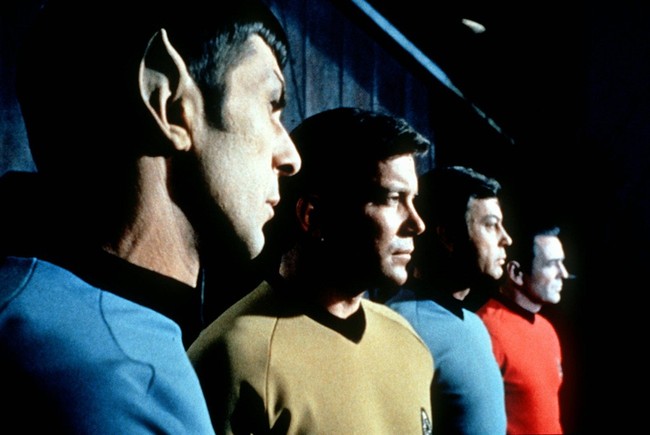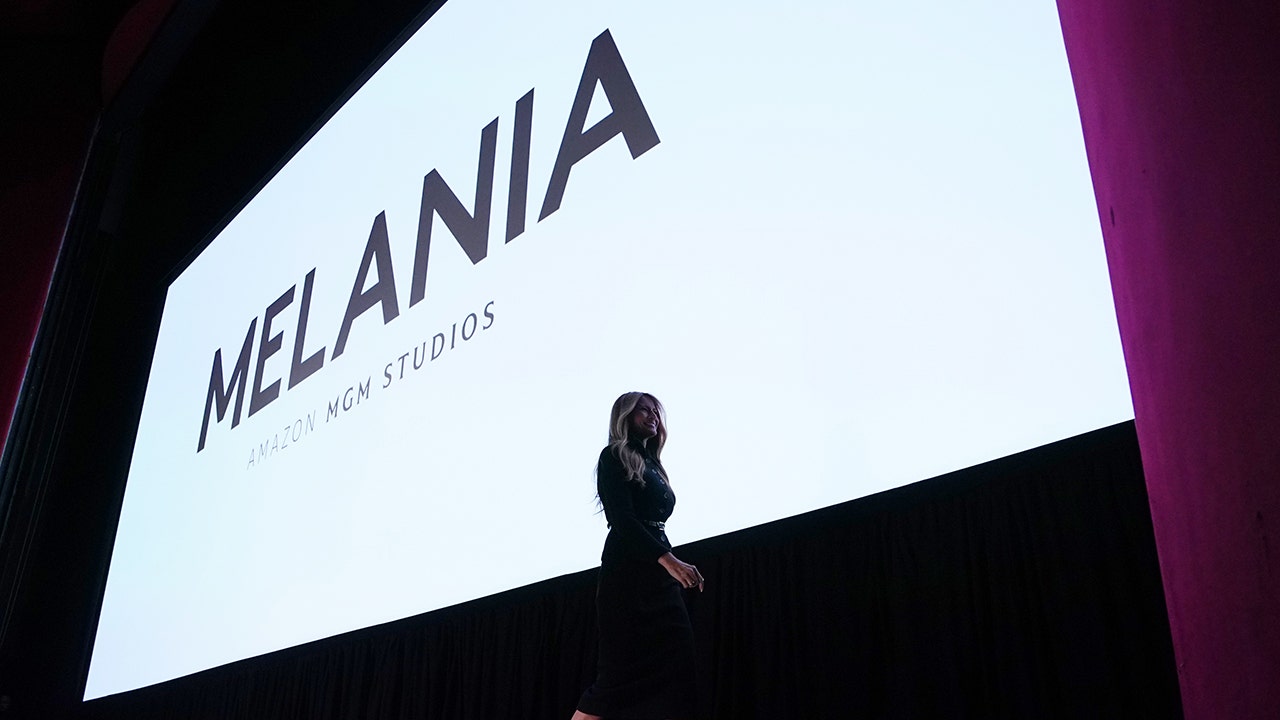Today I came across this newsletter by Ross Douthat in which he argues that progressives aren’t doing as well as they once were. His jumping off point is a recent analysis from the Financial Times which suggested progressives had a low and declining birth rate compared to conservatives. Ed wrote about that story here last week. Here are a couple of charts that sort of summarize the trend.
NEW: Progressives have a birth rate problem
For all the talk of a general fall in births, the drop is overwhelmingly driven by people on the left having fewer kids.
By ceding the topic of family and children to the right, progressives risk ushering in a more conservative world. pic.twitter.com/FmpYEsGVio
— John Burn-Murdoch (@jburnmurdoch) August 29, 2025
Douthat doesn’t doubt that progressive politics play some ideological role in that divide but he doesn’t think it’s the whole story.
I’ve listened to enough people talk seriously about the supposed dilemmas of starting a family in a warming world to believe that climate change anxiety has some modest effect on when progressives start a family and how many kids they have.
But if you look at Burn-Murdoch’s data, it’s clear that a self-defeating pessimism can’t be the main driver of liberal childlessness. The ideological divergence started decades ago, at a time when there was general confidence that the future belonged to liberalism, that the arc of history was likely to bend leftward and that the right would age and die and disappear. (Yes, there has always been progressive angst about fascism or theocracy or environmental disaster, but these were not the defining themes of, say, 1999 or 2008.)
I think it’s pretty arguable that Democrats have always been more pessimistic as individuals, but he’s right that there were certainly times not that long ago when the party itself probably felt unstoppable. The idea that demographics were destiny was pretty widespread and the demographics were inexorably going to benefit Democrats. But to everyone’s surprise, that didn’t happen. On the contrary, the coalition of minority groups that were seen as key to the party’s future seem to be breaking up in the Trump era in a way that doesn’t help Democrats at all.
In any case, Douthat points out there is more than one way to achieve party dominance. If you can’t do it by having more children raised in conservative homes, you can do it by taking those young kids and turning them into good progressives through culture and school.
For much of the era quantified in Burn-Murdoch’s charts, progressives were having fewer children, but their cultural influence was steady or increasing, such that it was easy enough to assume that any conservative fertility advantage would be erased by the tendency of young people to adopt progressive politics…
In the 1990s the most potent force in that world was the Disney renaissance that began with “The Little Mermaid,” while in the next decade it was the “Harry Potter” saga.
Neither of these phenomena was overtly political, but both told stories that were deeply compatible with liberal ideas. The Disney movies emphasized the autonomy and self-actualization of their heroines and heroes over and against clueless parents and authority figures, while the “Potter” universe presented a clash between good-guy meritocrats and bad guys who believed in the purity of aristocratic blood…
The heroes in “Harry Potter” could be egalitarian and multicultural and antifascist while embodying the fusty traditions of an English boarding school and then go on to get married, have kids and send them on to Hogwarts, too.
His point is that this process produced people who talked (and voted) like progressive but still lived relatively conservatives lives. But those cultural messages don’t seem as prominent anymore. People are reading fewer books and watching less broadcast TV than they used to. The theaters aren’t as full either. They spend time on social media or TikTok, not watching NBC or Disney.
I’m not sure if he’s on to something but it does seem like the jumble of media, from cable to streaming to theaters closed by COVID, has reduced what used to be a major cultural force, entertainment television, into a minor factor in a lot of young lives. It may be the golden age of television but a lot of kids don’t watch TV anymore.
Sure, there are still lots of left-wing messages out there, but maybe the chance of encountering them week after week isn’t as high now that there are so many choices. The left used to have shows with clear progressive messages that inspired entire generations, like Star Trek, but those kind of universal cultural moments seem less common now. The ability to recruit new believers through cultural dominance may not be as potent as it once was.
Join Hot Air VIP and use the promo code FIGHT to get 60% off your VIP membership!
Read the full article here






![Nancy Mace Calls for Prince Andrew Prosecution Following Closed Door Epstein Victims Meeting [WATCH] Nancy Mace Calls for Prince Andrew Prosecution Following Closed Door Epstein Victims Meeting [WATCH]](https://www.rvmnews.com/wp-content/uploads/2024/11/2024.11.19-01.35-rvmnews-673c94297162c.jpg)





![Gavin Newsom Admits Massive Fraud Has Been Going On in California for Years [WATCH] Gavin Newsom Admits Massive Fraud Has Been Going On in California for Years [WATCH]](https://www.lifezette.com/wp-content/uploads/2025/09/2025.09.24-11.11-lifezette-68d3d1e6b90a4.jpg)